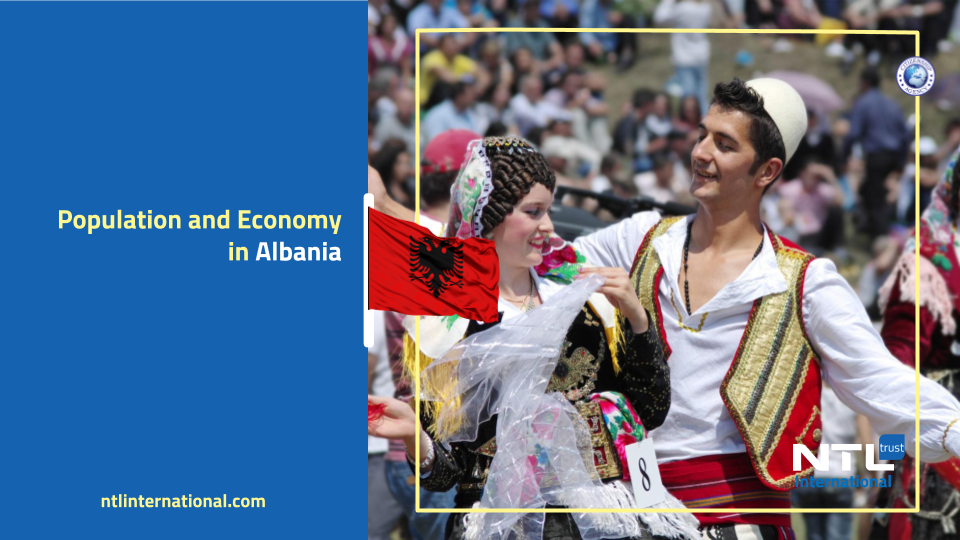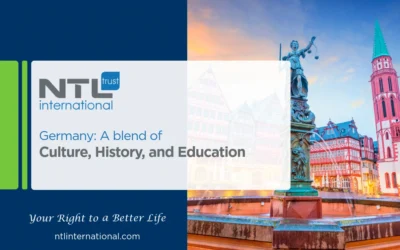
Population and Economy:
Albania is located in Southeastern Europe and is a member of the UN and NATO. Albania is one of the smallest countries in Europe with 28,700 square kilometers (11,000 square miles) of area.
Albania has been transitioning to a more open and flexible economic system by implementing substantial restructuring. Progress in income growth and poverty reduction has been considerable. A competitive trade regime supported by a relatively efficient regulatory framework has encouraged the development of the growing entrepreneurial sector. To sustain this progress, the government plans additional reforms to improve the rule of law, encourage the growth of economic freedom, and ensure continued vibrant economic development.
Hydropower
Albania is almost entirely reliant on hydropower for electricity production. Albania prides itself in eight main river systems. The Drin river ranks as the largest, and it is home to three hydropower stations. These three stations meet 90% of Albania’s domestic electricity generation. It is not uncommon for power shortages to occur in the course of prolonged droughts or dry periods. Experts assert that only 30 to 35% of the nation’s hydropower has been tapped.
INDUSTRY
Albania is an industrialized upper-middle-income nation, and it participates in NATO, OSCE, and WTO. The industrial sector in Albania accounts for 14.9% of the GDP, with agriculture and services contributing 21.6% and 63.5% respectively. The strongest Albanian sectors are metallurgy, energy, tourism, agriculture, and textile.
Mining, metallurgy, food processing, textiles, lumber, and cement were among the leading industries in Albania under the communist regime, when heavy industry was a priority and some factories were capable of exporting. After 1989, the sector declined due to the lack of new technology. In the 1990s, plants and equipment were destroyed and sold for scrap, or fell into disuse.
Albania is blessed with such extractable minerals as coal, chromium, nickel, and copper. Albania ranks as the only European State with significant deposits of chromium.
A revival of chromium, steel, and cement industries came with the increase of foreign investments in 2000. Some new equipment was purchased in the West for a cigarette-making plant in Durrës and for a manufacture of underwear in Korçë. Construction, especially in housing, was the main factor for investment growth.
Consolidating Diplomatic Relations Between Egypt and Saint Kitts and Nevis
To consolidate diplomatic relations between Egypt and Saint Kitts and Nevis, a joint statement was signed on the 22nd of last September in New York.
Germany Guide – Part 4 / German Habits, their Social Life & Food
Discover the German habits, their social life, and food culture in this guide. Learn about their discipline, love for nature, and the most famous German dishes and desserts.
Germany Guide – Part 3 / Culture & history – language & Education in Germany
Discover Germany’s culture, history, and language, with a special focus on Education in Germany, from schools and vocational training to top universities.
Germany Guide – Part 2 / The German driving license
A complete guide on how to obtain the German driving license: exams, training, costs, and key rules.
There are two types of schools, some of which start with both theoretical and practical lessons, and some require passing the theoretical section first and then starting with the practical.
Dominica International Airport
Dominica International Airport coming soon





